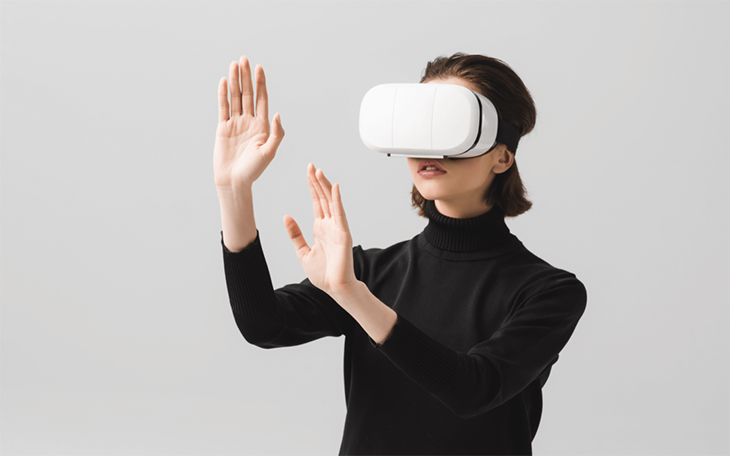Virtual Reality Glasses Showing Exercise May Provide The Same Effects For Those Who Can’t Move

Virtual reality goggles are a thing of the future, and they come in many types, forms, and prices. And while former research talks about how virtual training actually produces major cognitive and neural benefits, a new study talks about how similar virtual training can also lessen psychosocial anxiety and stress.
Just like how there are proven studies on how physical exercise benefits people’s overall well-being, virtual reality may just have similar effects for those that cannot move. While some neurological patients suffer from cardiovascular disease, there are also hospitalized patients where physical activities and exercise is just not allowed, or too dangerous for them to do. But it would seem that for those using Immersive Virtual Reality(IVR) machines, they may very well have similar effects as those doing actual physical activity.
IVRs were really originally designed for entertainment, but it has also managed to attract interest from the academic community, mainly due to its potential for clinical work and other purposes. The reason why is because it allows the person using it to experience an entirely virtual world through a virtual body.
Researchers at Tohoku University’s Smart-Aging Research Center performed a former study where they found that looking at a moving virtual body that happens to be displayed in a first-person perspective manages to induce physiological changes in the person using it. Things such as heart rates are either increased or decreased alongside the virtual movements despite the people using the IVRs to remain completely still. At the same time, it was observed that there were also cognitive and neural benefits, much like what would be seen through actual real physical activity.
There was also a follow-up study that managed to show the same benefits on healthy elderly subjects that were made to do 20-minute sessions at least twice a week for a span of six weeks.
Moreover, in the current study, the researchers looked into the effect the IVR activity had on stress, which also added another level to the beneficial effects found in virtual training. What they observed was that despite remining seated and still, the otherwise young and healthy subjects experienced the virtual training in a ‘first-person perspective,’ which created the illusion that they had ownership over the movements that they could see.
In the IVR, the avatar managed to run at 6.4 kilometers per hour for 30 minutes. The researchers induced and assessed the psychosocial stress response of the subjects before and after the virtual training by measuring their ‘salivary alpha-amylase,’ which is considered a crucial biomarker to indicate their levels of neuroendocrine stress. At the same time, they also distributed a subjective questionnaire to the subjects for anxiety.
What they saw after the virtual training with the results was a decreased psychosocial stress response, as well as lower levels of anxiety, which is comparable to what happens to someone after they participate in real physical exercise.
Professor Dalila Burin, who developed the study, shared,
“Psychosocial stress represents the stress experienced in frequent social situations such as social judgment, rejection, and when our performances get evaluated,”
She added, “While a moderate amount of exposure to stress might be beneficial, repeated and increased exposure can be detrimental to our health. This kind of virtual training represents a new frontier, especially in countries like Japan, where high performance demands and an aging population exist.”
You can see the study findings published in the International Journal of Environmental Research and Public Health.



